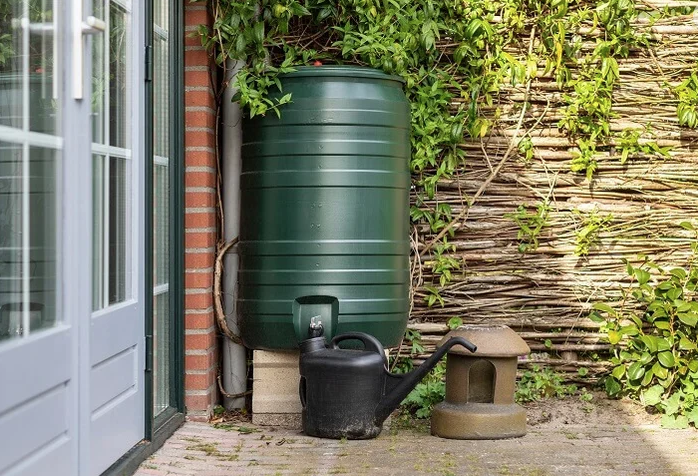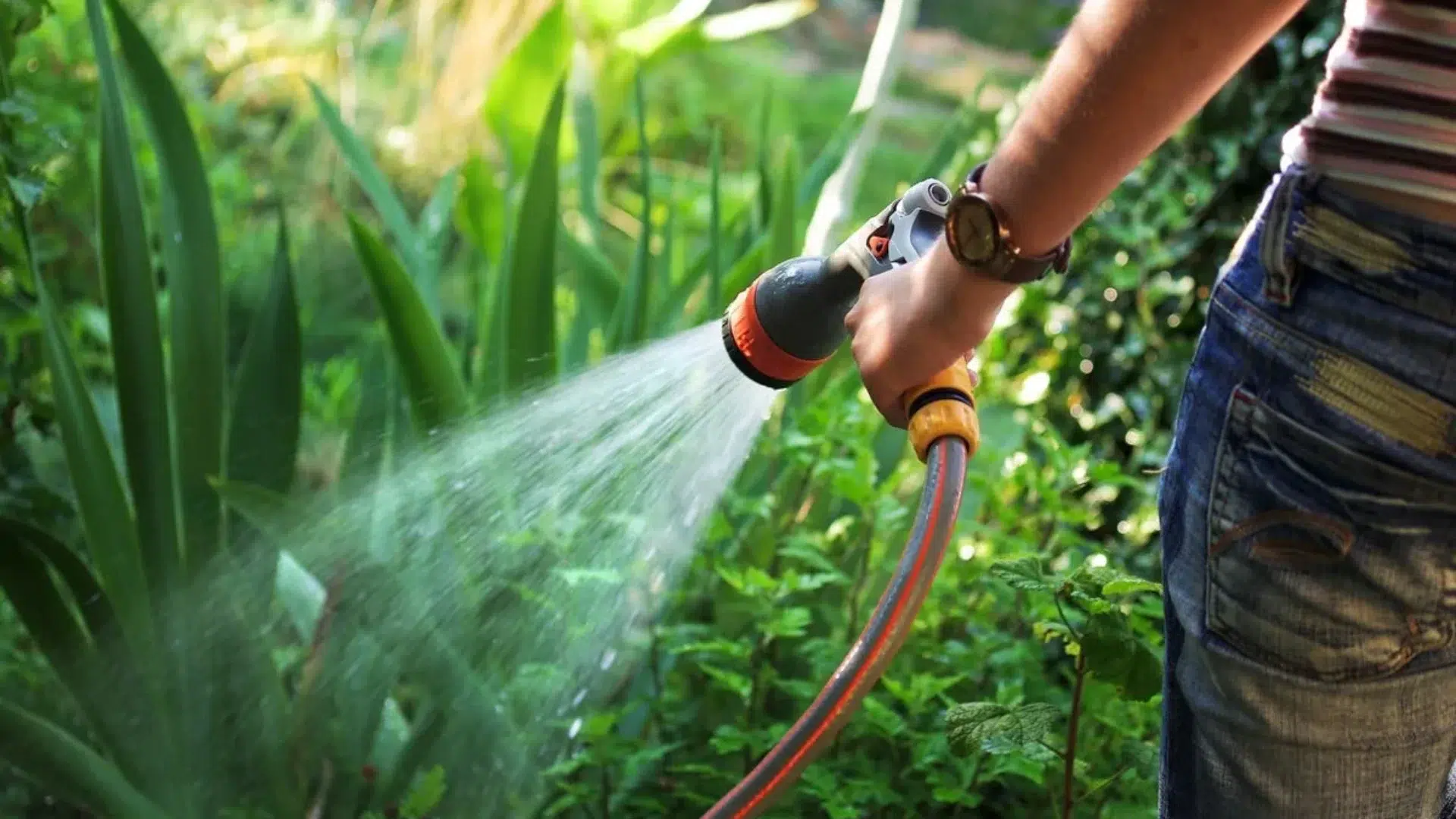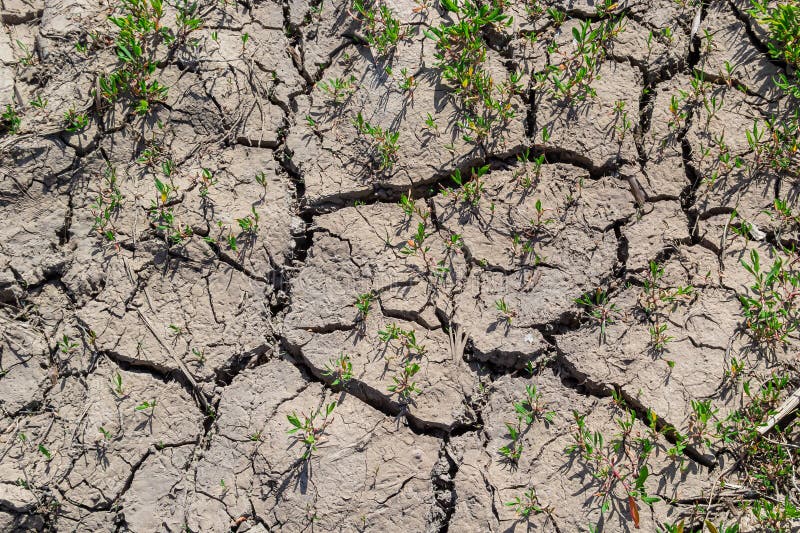WHAT’S HAPPENING?
As of 11th July 2025, Yorkshire Water has imposed a hosepipe ban—the first of the year—following the driest spring since 1893. Reservoirs are at just 55.8% capacity, prompting urgent restrictions across the region. And they’re not alone. Other areas in southern and eastern England are closely watching their levels, with the potential for bans to extend further if the heatwave continues.
Fines for non-compliance can reach up to £1,000.
WHAT THE HOSEPIPE BAN INCLUDES

Image: Freepik
Under the current restrictions, the following are not permitted:
- Watering gardens or lawns with a hose
- Washing cars, patios, or windows using a hose
- Filling paddling pools, hot tubs, or fountains
- Using pressure washers on outdoor surfaces
You can still water with cans or buckets, use greywater (like cooled bath or sink water), and carry out essential commercial activities with exemptions.
WHY NOW?
Image suggestion: Arid countryside with a visibly depleted reservoir
Rainfall this spring was less than half the seasonal average. River flows and groundwater reserves are at critically low levels. Meanwhile, a prolonged heatwave is driving temperatures above 30°C, increasing demand on an already stressed water system.
While some regions have seen occasional showers, it hasn’t been enough to offset the long-term water deficit. Experts warn this may be part of a broader pattern of climate-induced drought in the UK.
WHY IT MATTERS
Water shortages in the UK are no longer isolated events. We’re seeing earlier and longer droughts, lower refill rates in reservoirs, and rising pressure on water supplies for both households and businesses.
This is no longer just about temporary bans—it’s a long-term shift in how we must manage and value water.
HOW TO SAVE WATER WITHOUT SACRIFICING YOUR GARDEN

Image: Water butt collecting rain from a downpipe
Here are practical steps you can take:
- Install a water butt to harvest rain
- Use drip irrigation systems instead of hoses
- Recycle greywater for plants
- Add mulch to retain soil moisture
- Water plants early in the morning or late evening to reduce evaporation
Focus your efforts on young plants or newly installed shrubs, which are more vulnerable to water stress.
SHOULD WATER BE PRICED DIFFERENTLY?
The Institution of Civil Engineers has proposed the rollout of mandatory water meters with tiered pricing. This would allow for basic water usage at a lower cost while charging more for excessive use.
Although controversial, such measures could drive widespread behaviour change. Whether this affects wealthy and low-income households equally remains to be seen, but it does create a framework for future legislation.
LONG-TERM PLANNING STARTS NOW
Image suggestion: A child watering plants with a small can in a sunlit garden
Water conservation must become a daily habit—not just a reaction to emergency bans. That means investing in better infrastructure, incentivising water-efficient systems, and creating public awareness campaigns that stick.
The hosepipe ban isn’t the problem—it’s a symptom of long-standing inaction.
WHAT ARE YOUR THOUGHTS
What changes have you made to save water this year? Have you tried greywater recycling or switched to a different watering system?
Do you think water should be priced based on usage? Should certain industries be given exemptions?
Thank you for reading!


